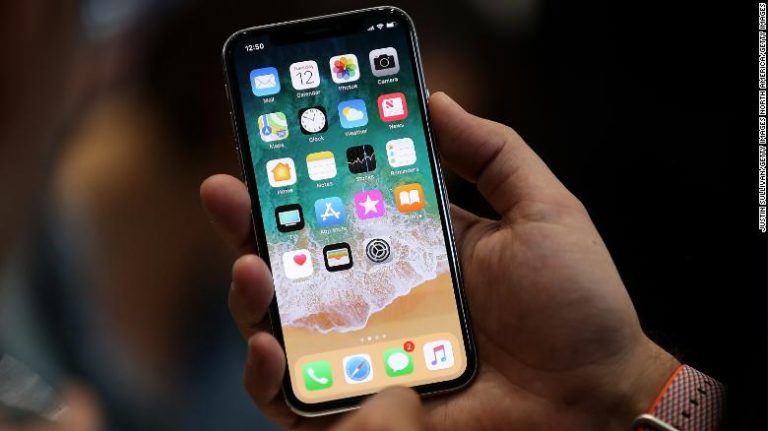
Technologies, like other objects for human and organizational use, are developed, used, scaled, and transformed several times to ensure optimal performance. Technologies have hailed us from the personal to the group level, and from the business to the societal level, thanks to the ideologies of developers and business capitalists.
One rarely wakes up in a day without having to use technology. We touch our phones every time. We typically find it difficult to function without our various mobile communication devices. Working professionals and business executives cannot complete their daily tasks without the use of laptop computers and other corporate-related technologies.
In our homes, when mass communication devices like the television or radio are broken, we typically feel bad and began thinking about how we were missing the day’s news in various ways. When modern technologies let us down, we hardly think that communicating on an interpersonal and communal level is what we need. When our washing machines broke down or stopped working altogether, we worried about how difficult it would be to clean our clothes. We hardly ever consider using our hands, which are nature’s technology. When a car has a similar status, we view using our legs to travel a short distance by walking or trekking as a natural punishment and occasionally a sign of poverty, especially when those who are aware of our car ownership witness us using the natural technology.
Tekedia Mini-MBA edition 16 (Feb 10 – May 3, 2025) opens registrations; register today for early bird discounts.
Tekedia AI in Business Masterclass opens registrations here.
Join Tekedia Capital Syndicate and invest in Africa’s finest startups here.
There have been counterarguments and alternatives over the years regarding the advantages and inherent risks of using various technologies. In recent research by Pew Research, a number of academics, professionals, and technological experts made the observation that technology causes more issues than it fixes. Through his observations of dominant restrictive social interaction practices, our analyst also expressed a similar viewpoint. According to him, using “primitive technologies” won’t be a bad idea because social and interpersonal communication technologies are having a negative impact on families, friends, and coworkers.
Mark Boyle makes the case that technology destroys people and places in his well-known article series on life without technology. He has been rejecting it for a while. According to Mark Boyle, who authored the majority of the articles for The Guardian UK, it is crucial for him to be without a laptop, the Internet, a mobile phone, a washing machine, or a television. “I want my life back. I want my soul back.”
Boyle, Mark, did. He claimed in later articles that he preferred his life without technology. He was able to work without being interrupted. He was able to spend time with his family without having to feel bad about not creating the necessary family bond through interpersonal interaction.
While Boyle rejected his technologies, I was surprised to be told that I had to destroy a technology I chose for class case analysis. How can I destroy a technology that improves my personal and professional relationships? How can I destroy a technology that gives me the impression that I am a member of influential people in my communities and business groups? A technology that I do not allow my children to play with, demonstrating how much I value it. My technology; my soul and life. Even when it is damaged, I do not hesitate to restore it to its previous state of making my life easier and more bearable. No. I can’t get rid of it!
I said these for several minutes, and everyone was taken aback. My tutor stated that my responses are similar to previous students, who were asked to destroy technologies they use. But, in the age of surveillance capitalism and neoliberalism, is it really possible to reclaim our life and soul?


